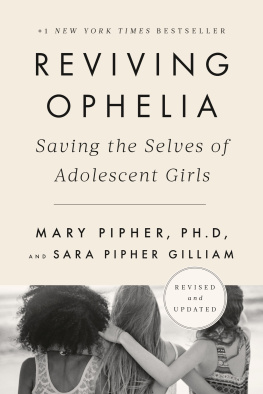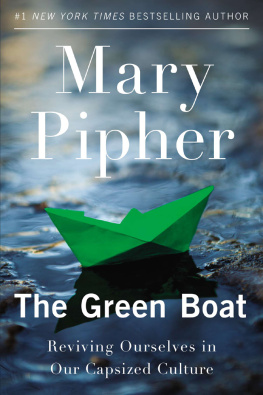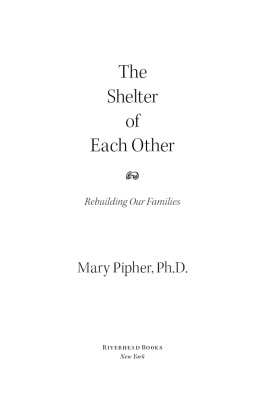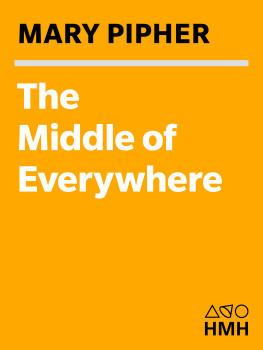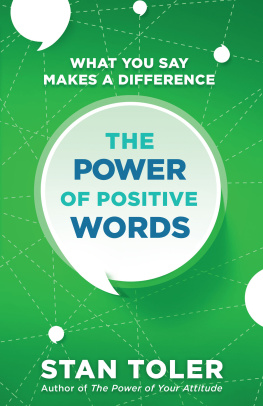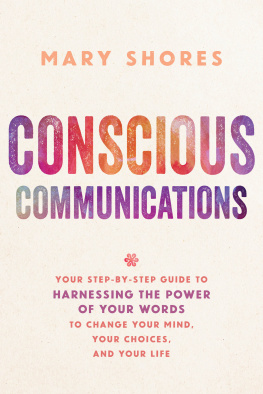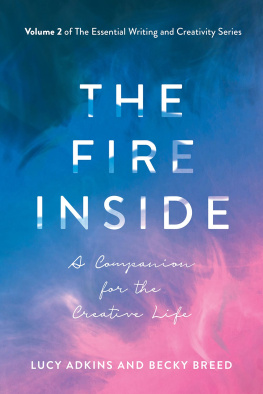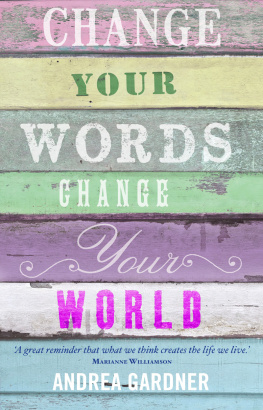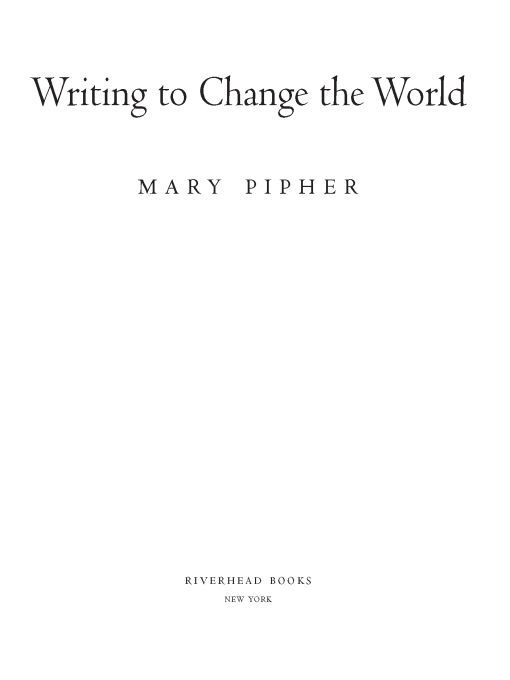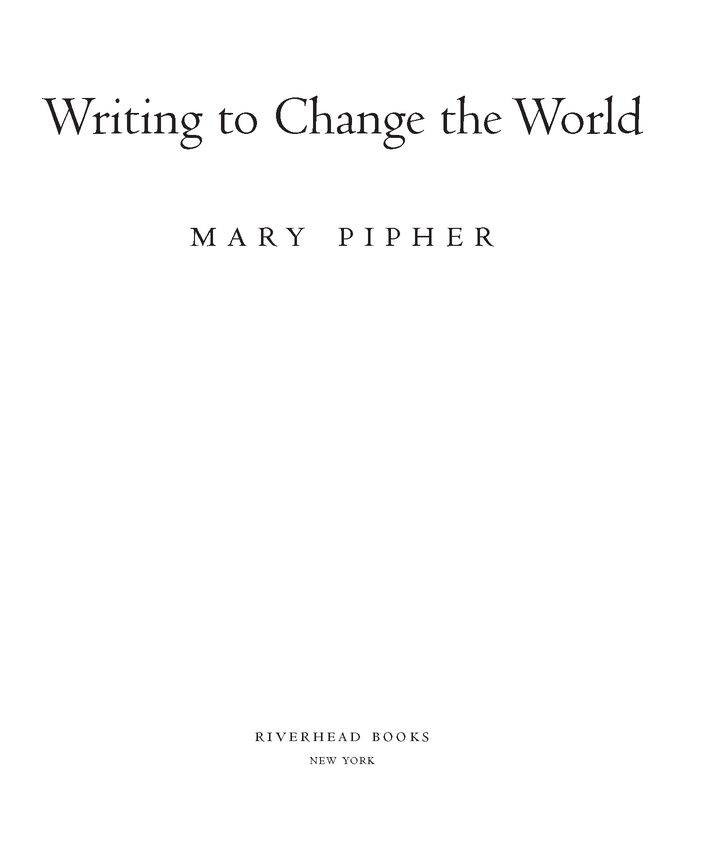Table of Contents
PRAISE FOR
Reviving Ophelia
A must-read for all of us who care about the young women in our lives... Reviving Ophelia arms us with information we can use in helping our daughters grow into adulthood with their strength intact.Lincoln (NE) Journal-Star
A vibrant and insightful account... The loss of the spirit that Dr. Pipher so brilliantly portrays is the loss of the American spirit.
Dr. Natalie Porter, former president, Society of the Psychology of Women, American Psychological Association
An important book... Pipher shines high-beam headlights on the world of teenage girls.Los Angeles Times
Another Country
Pipher explores how todays mobile, individualistic, media-drenched culture prevents so many dependent old people, and the relatives trying to do right by them, from getting what they need.... Her insights will help people of several generations.
The Washington Post
Totally accessible... A compassionate... look at the disconnect between baby boomers and their aging parents or grandparents.
USA Today
The Shelter of Each Other
A canny mix of optimism and practicality gives Piphers fans a way to resist the worst of the culture around them and substitute the best of themselves.Newsweek
Eye-opening... Piphers simple solutions for survival in this family-unfriendly culture are peppered throughout the heart-wrenching and uplifting stories of several of her client families.... Highly readable, passionate.San Francisco Chronicle
Most Riverhead Books are available at special quantity discounts for bulk purchases for sales promotions, premiums, fund-raising, or educational use. Special books, or book excerpts, can also be created to fit specific needs.
For details, write: Special Markets, The Berkley Publishing Group, 375 Hudson Street, New York, New York 10014.
ALSO BY MARY PIPHER
Seeking Peace (2009)
Letters to a Young Therapist (2003)
The Middle of Everywhere:
Helping Refugees Enter the American Community (2002)
Another Country: Navigating the Emotional Terrain of Our Elders (2000)
Hunger Pains: The Modern Womans Tragic Quest for Thinness (1997)
The Shelter of Each Other: Rebuilding Our Families (1996)
Reviving Ophelia: Saving the Selves of Adolescent Girls (1994)
To Anne Frank and Nelson Mandela and to those
writers from all over the world who, in all times
and places, have written to make things better
You write in order to change the world, knowing perfectly well that you probably cant, but also knowing that literature is indispensable to the world.... The world changes according to the way people see it, and if you alter, even by a millimeter, the way... people look at reality, then you can change it.
JAMES BALDWIN
INTRODUCTION
More than at any time in history mankind faces a crossroads. One path leads to despair and utter hopelessness, the other to total extinction. Let us pray that we will have the wisdom to choose correctly.WOODY ALLEN
Maybe things are not quite as bad as Woody Allen suggests, but they are bad enough. Life has never been easy, but today the scope of problems that befall us is greater than ever before. Up until this last hundred years, humans were expected to deal only with their immediate environment. If they were hungry, they planted grain, went fishing, or foraged. If their children cried or their parents lay dying, they could caress them and sing to them. When it was cold, they built fires. When an animal or another human attacked, they tried to fend it or him off. The problems that arose often were not solvable. But they were nearby.
For the most part, humans had little idea what was happening over the next mountain, let alone continents away. They knew only what they could see, smell, hear, taste, and touch. If they spotted ripe blueberries, they could pick them for dinner. And adults knew what they could do for one another. If a neighbors hut burned down, they could help build another. If children were left without parents, they could take them in.
Today our senses are amplified by technology. We receive detailed information from all over the globe. Daily, we see buildings collapsing, children starving, and whole villages dying of AIDS. Our brains and our adrenal systems have electrical and chemical responses to world events, yet our bodies, which are far from these troubles, can do little to help. Many of us become anxious and despair from this poisonous brew of overstimulation and powerlessness.
I can name salient examples of our harsh worldthe deterioration of the ozone layer, deforestation, and the enormous differences in wealth across nations and within our own. We live in a world where twenty-seven million people live in slavery, a world where poor children make toys for rich children, where the World Food Program cuts distribution because of lack of funds while two-thirds of Americans fight obesity. We humans have become the species of nuclear weapons and genocide, one that is killing itself and all other living things.
Right now, our beautiful democracy is eroding before our eyes, as, for example, our government disregards the Geneva Conventions and uses torture as a method of interrogation; in the history of our country, this has never been official policy. As has often been the case historically, power is distributed according to wealth, not wisdom or compassion. Bullies and thugs rule the world. Increasingly, it feels as if we are trapped in a medieval crisisCrusaders versus Jihadists. The Enlightenment is in remission, and science is simultaneously exploited and ignored. Technology advances rapidly as collective wisdom declines. We are a nation good at consuming and poor at savoring. In my thirty years of being a therapist, I have never seen Americans more stressed. If the news were a weather report, every day it would be the same: Black clouds overhead. Tornado warning!
I feel the vacuum, the loneliness, the silence, the dehydration of the soul as people who want desperately to save our constitution, country and planet still wander the streets without knowing how to say hi to one another.
SAM SMITH
Distance negates responsibility.GUY DAVENPORT
We live together in an era of what Anthony Lewis, a columnist for The New York Times, has called existential blindness. Tech Tonic, a publication of the Alliance for Childhood, reports that the average American can recognize over a thousand brand names but is unable to identify ten indigenous plants or animals. We understand many facts about the world, but we cannot discern their meaning or their implications for action. Our world needs leaders, and yet people everywhere feel helpless and lack direction.
While we call our time the Age of Information, wisdom is in short supply. Language, which maps the ways we think, is often just another marketing tool. Style trumps substance. War is called peace, while destruction is called development. Environmental devastation is footnoted or ignored. Hype and spin trivialize and obscure the truth. My favorite example of fuzzy language is George Tenets line during congressional hearings in spring 2004. When questioned on inaccurate government information regarding weapons of mass destruction, he said, The data do not uniquely comport with policy decisions. Parse that.


